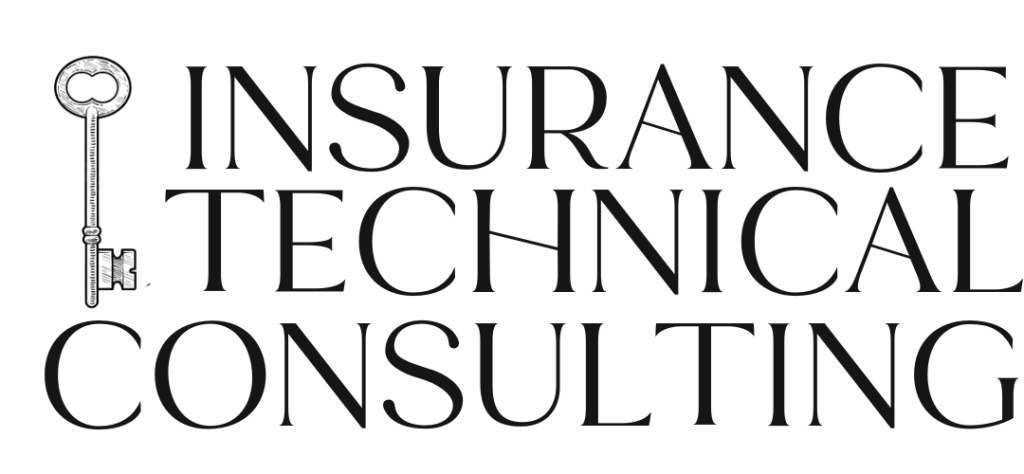
What is a Hammer Clause, and is it beneficial to an insured? Understanding the Hammer Clause enables an agent to point out potential extra expenses to a prospect. Improving this clause can help win the account.
Knowing that the Consent to Settlement provision is often called a Blackmail Clause or Hammer Clause tells us that it probably is not beneficial to the insured. A Hammer Clause is so-called because it enables the insurer to “hammer” the insured into submission, as the tool does with a nail. This is a common provision in liability policies such as:
- Professional
- Cyber
- Employment Practices
- Product
- Directors and Officers
If the carrier decides to settle a claim with a third party, but the insured does not agree to settle, the provision is triggered. The carrier is no longer contractually responsible for 100% of defense costs. Instead, the carrier must fund 50% to 90% of the costs, with the insured undertaking the remainder. Splits of 90/10, 80/20, and 70/30 are usual.
The Consent to Settlement provision works against the insured’s wishes in case of a claim. Pointing this out to a prospect, and improving on the clause, may encourage the prospect to purchase from you.
Do your validating producers understand DOC, or know where to learn about it? Insurance Technical Consulting
specializes in one-on-one mentoring of commercial producers so they gain confidence in what they are selling and make fewer errors. Save your agency time with potential to increase revenue and reduce E&O costs. Explore the website at InsuranceTechnicalConsulting.com for more information.
Share Post :
